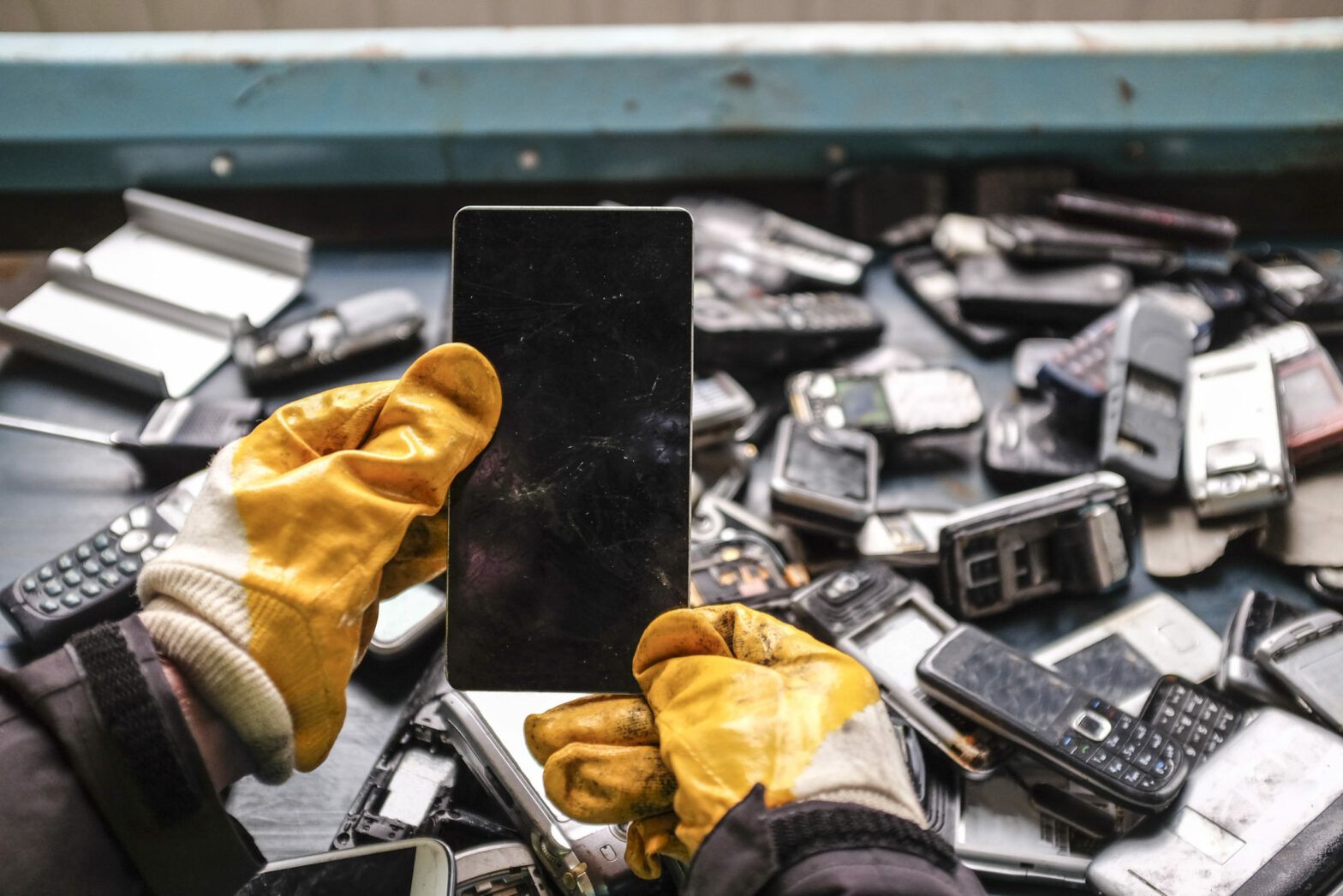Responsible investment firms Liontrust Asset Management and Impact Lens have thrown their weight behind supporting a new film, which highlights the devastation mass electronic waste has on the environment and financial returns
E-waste, such as that from TVs, computers, home appliances and mobile phones, has grown significantly in recent decades to amount to 42 million tonnes by 2014 – the equivalent to 115 Empire State Buildings – with further growth since then.
The film E-LIFE, available on Amazon Prime, highlights that astonishingly there are now more operational cell phones on the planet than people.
It shows that much of this waste is exported to Africa, where it ends up at a vast number of unregulated disposal sites. E-LIFE shows how the men, women and children that work on these sites are then poisoned by toxic chemicals such as arsenic, lead and cadmium, which can lead to many health problems such as respiratory difficulties, neurotoxicity, cancers and birth defects.
This E-waste also promotes heavy pollution of the surrounding air, water, and soil.
E-LIFE also explains a shift to a more ‘circular’ economy would help reduce E-waste, as well as adding £3bn to the UK economy each year, according to research by Imperial College London.
John Ditchfield, chariman and co-founder of Impact Lens, said: “Investors need to wake up to the consequences of investing in technology manufacturers without keen attention to their waste and recycling procedures. Coronavirus has shown how consideration of environmental, health, and social issues is a vital part of day to day investment activity.”
He added the film E-LIFE presents solutions to investors when choosing companies and funds that already adopt this more circular thinking.
For example, computer technology company Dell banned the export of non-working electricals to developing nations in 2009 and Fairphone produces cell phones that put the full product lifecycle centre stage.
Martyn Jones, manager of the Liontrust SF European Growth Fund, also commented: “We look for businesses focused on moving towards a circular economy, such as innovative Italian textile manufacturer Aquafil which has successfully developed a commercially viable process to recycle used nylon.”
The M&G Positive Impact Fund also invests in DS Smith an industry leader when it comes to closed-loop recycling – a process whereby waste is collected, recycled and then used again to make the same product it came from.








